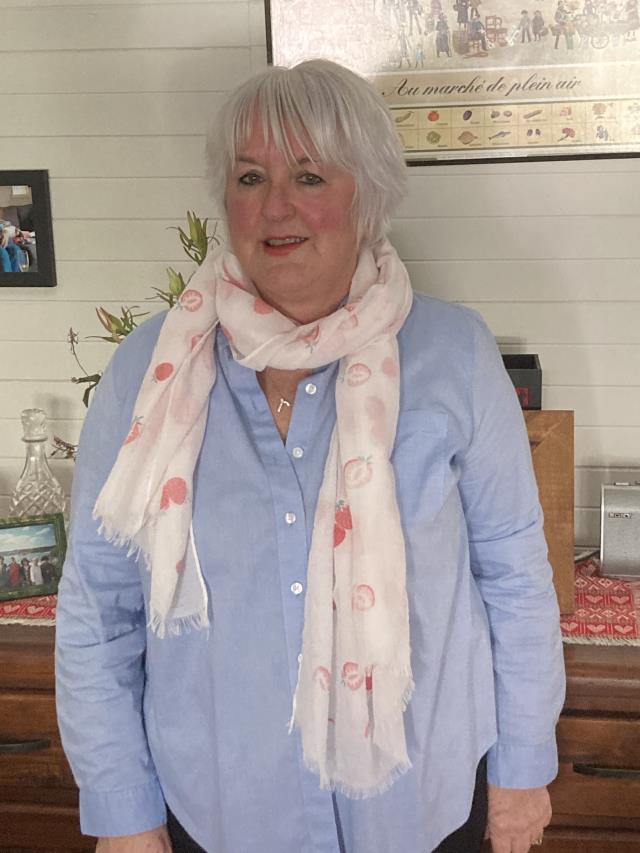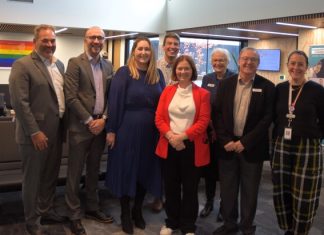By Oliver Lees
Woodend resident Robyn Flanagan was 17-years-old when her twin daughters were taken from her in 1972.
At that time, children born out of wedlock were regularly considered illegitimate and their mothers deemed unfit to raise them.
Ms Flanagan said as her family became aware of her surprise pregnancy, she was given no option but to move from her family home in Brighton to a convent, to give birth and surrender custody of her children.
“It was just the way of things at the time,” she said.
“Being so young and naive, I didn’t have a choice and there was no assistance.
“It was awful, all I was thinking was that I have to get through this … the trauma has never left me since.”
Ms Flanagan said she was denied the ability to communicate with her children until they turned 18, by which time it was too late.
“When I finally was granted a consultation, I was told without warning that one of my children had died years ago, it was horrendous,” she said.
“I have tried to reconnect with my other child but that was unsuccessful, the trauma was too much. ”
Ms Flanagan is not alone in her experience of forced adoption and is one of hundreds of people calling for change to adoption policy and improved support networks for those affected by the legacy of forced adoption.
In 2012, a nationwide senate inquiry into forced adoption was launched, drawing on personal and professional perspectives from more than 400 individual submissions.
According to the inquiry findings, many babies were taken illegally by doctors, nurses and religious figures between the 1950s and 1980s.
Following these findings, former prime minister Julia Gillard delivered a national apology in 2013.
However Ms Flanagan said despite the important symbolic nature of the apology, still “very little” tangible change had occurred since that time.
In March, Ms Flanagan appeared as a witness at the state government’s Inquiry into Responses to Historical Forced Adoptions in Victoria, which was launched in 2019.
Ms Flanagan is hoping that the inquiry can lead to reform of adoption policy that allows biological mothers to be notified of the death of their children.
She also wants better access to trained counsellors for people affected by the legacy of forced adoption.
Committee chair Natalie Suleyman said the inquiry is to ensure that those affected by forced adoption have their say.
“Taking into account the lived experience of people who endured these practices, we will be making recommendations on the responses that have been made and the support services available,” Ms Suleyman said.
The findings of the inquiry will be released later in the year.
For support and information contact ARMS, a not-for-profit organisation for mothers separated from their child or children through adoption.
Details: 0400 701 621







